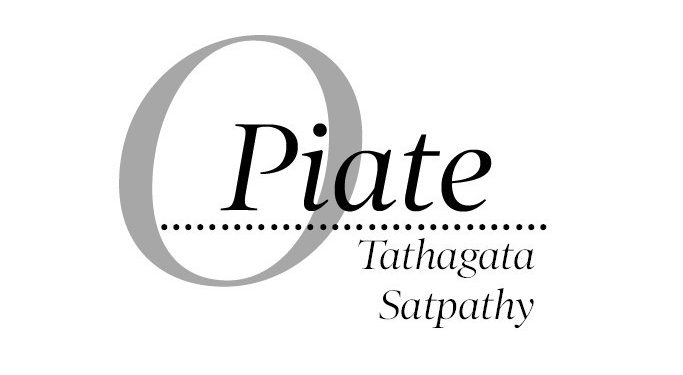The 16th United Nations Biodiversity Conference, also known as COP16, held in Cali, Colombia, ended abruptly on 2 November 2024 without reaching an agreement on the establishment of a new fund for nature conservation as rich countries blocked a proposal to set up the fund. The decision made by a group of developed countries, including the European Union, Japan, Canada, Australia, New Zealand, Norway, and Switzerland sparked outrage among African and Latin American nations, leading some to withdraw from discussions on other issues. The developed countries categorically opposed the proposal to establish a dedicated fund for financing nature restoration in poorer countries, arguing that it would complicate the funding landscape without necessarily increasing the overall resources available. From this great big macro subject let us jump to a mini sized micro level issue. All this drama is on the global theatre and everyone is seen expressing concern at these developments. We however, need to worry much more for what is happening in front of our gates. Till last year, we all were aware that Orissa celebrated Hindoo festivals like Holi and Deepabali a day later, after most of north India had completed their bit of damaging the environment. People in this state were happy that lately, for the past few years, we behaved more mature and took care of our air and noise pollution when compared to north Indians. This year, along with a very welcome change in the political atmosphere, we are dismayed that a greatly altered situation has been observed in the celebration of Deepabali or Diwali. Originally, the day was marked as Ma Kali Puja. With northern influence increasing, Deepabali got a bigger foothold in Orissa. Yet it remained a single day affair. Kali Puja has been more or less completely forgotten and bursting of poison-emitting firecrackers has become the major duty of all true Hindoos. Now these two days, 31 October and 01 November 2024, seem to have dealt a solid blow to the environmental crisis already looming large in front of us all. Questions are being raised about reasons for this duality of dates that had never been seen earlier. Truth about the one religious calendar known as panji (almanac) predicting 31 October as Deepabali while another, equally trusted panji predicting the festival of lights to fall on 01 November is being doubted by many.
Conspiracy theories speak about a politically motivated machination to integrate the various religious festivals of this state on the same dates as those in north India, thereby destroying its uniqueness. Second theory being floated is that these panjis, mostly prepared and printed by private enterprises with help from unverified astrological sources, are now prone to earning revenues in not-so-subtle methods. Making a day earlier or later compared to a competitive panji could mean extra business running into millions of rupees for firecracker business enterprises. Receiving a tiny portion of it from them could mean a lot of money. For business involved in trade of firecrackers, two days instead of one simply means a doubling of revenue which in turn is doubling of profits. This may remind many about the sudden introduction of the Bol Bom (Kawadias) alien culture into Orissa. We never had that belief till late 1990s but then everyone noticed this sudden new practise and as is our character, we quietly accepted it without questioning. For example, none of us ever asked which traders started dealing with and sold those sticks, plastic mugs, flags and the total paraphernalia that was required to be purchased for every single Bol Bom walker. The costs of those useless items have shot up each year. Number of Bol Bom walkers has grown exponentially. We remain mute spectators while business folks pollute and rob us in broad daylight. Every citizen should be conscious of how, under this garb of Hindoo revivalism, the environment and our children’s health are being damaged and how financially we are being disempowered.
Let us beware of these double-meaning Double Days festivals.







































